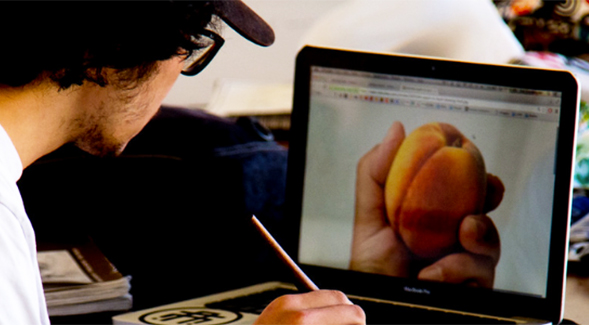Arts Alive SDSU Creating Virtual Artwork Repository
Arts Alive SDSU seeks to create a repository of curriculum-based artistic projects to document work and creative adaptation in the face of COVID-19.

“We’d like to provide a platform for the students’ work, but we’re especially interested in how they adapted to this unusual situation.”
While San Diego State University has migrated all courses to virtual platforms for the remainder of the spring 2020 semester, many students continue to work on artistic projects they originally planned to create in-person.
Students, faculty, and staff in the School of Art and Design, the School of Music and Dance, and the School of Theatre, Television, and Film have been developing several alternative strategies, especially for those who have worked extensively on capstone projects that require physical collaboration or access to specialized spaces or equipment.
Arts Alive SDSU is working to create an audiovisual repository of these projects and document the triumphs and challenges of working on and presenting these projects in a digital format. Additionally, some of the footage will be compiled into a brief documentary to showcase the creativity and ingenuity of students and faculty under the current circumstances.
“Everyone has been challenged to present their art independently in a virtual environment, which is radically different than collaborating with others in a theater, studio, recital hall, or gallery space,” said Eric Smigel, chair of Arts Alive SDSU.
“We’d like to provide a platform for the students’ work, but we’re especially interested in how they adapted to this unusual situation.”
Arts Alive SDSU is currently soliciting faculty and students to share the audiovisual materials generated from their curriculum-based art projects, such as exhibits, performances, plays, and recitals.
Those interested in having their work included should email their videos to [email protected] along with a brief introductory video with their name, school and degree program, and title and genre of their project. They are also encouraged to discuss the challenges and subsequent solutions of presenting the work virtually as well as their reflections on the experience.
All work should be submitted by May 14. If you have any questions, please contact Eric Smigel at [email protected].



